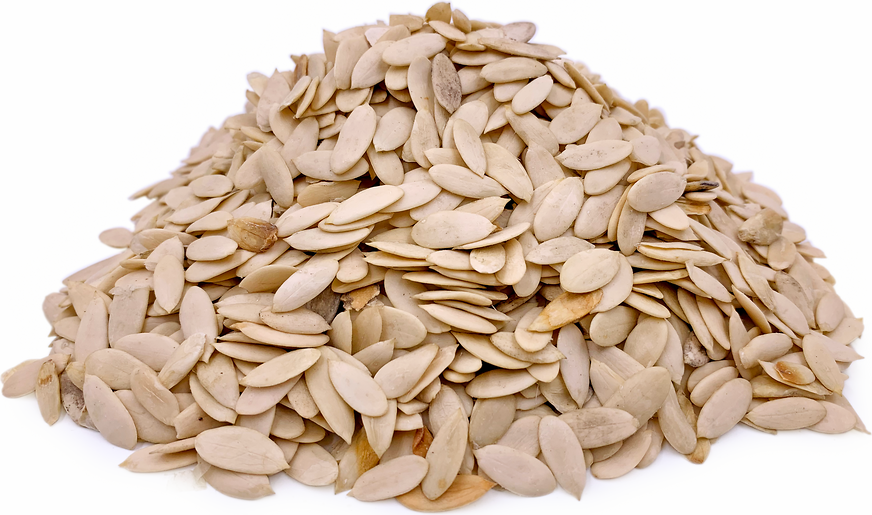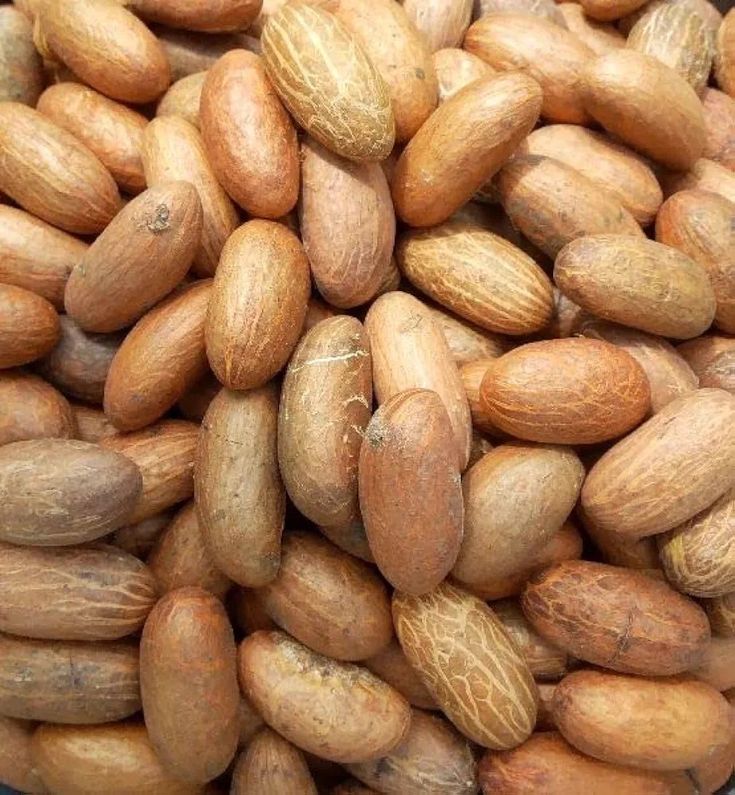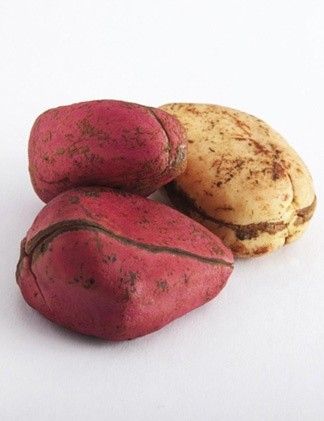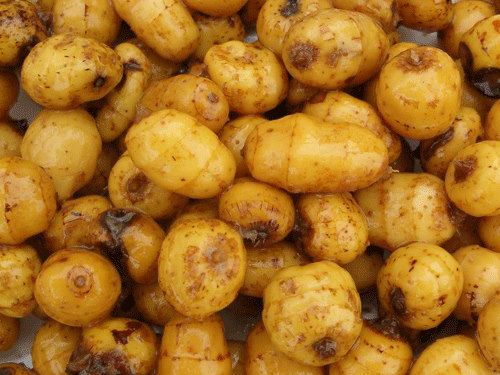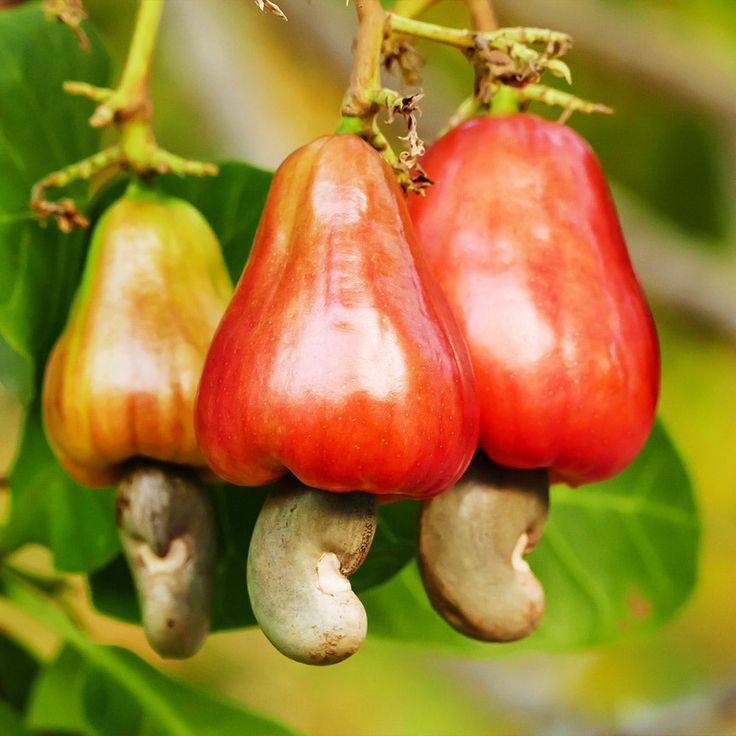What It Is
Egusi, also known as melon seed, is a protein-rich seed obtained from a type of melon (Citrullus colocynthis or Citrullus lanatus). It is a staple food ingredient in West Africa, particularly valued for its nutty flavor, high oil content, and nutritional benefits. When ground, egusi is commonly used to thicken soups and stews, especially the famous Egusi Soup, a delicacy in Nigerian and other West African cuisines.
Egusi seeds are rich in protein (up to 35%), oil (up to 50%), and essential minerals, making them a highly nutritious export commodity with growing demand across Europe, North America, Asia, and African diaspora communities.
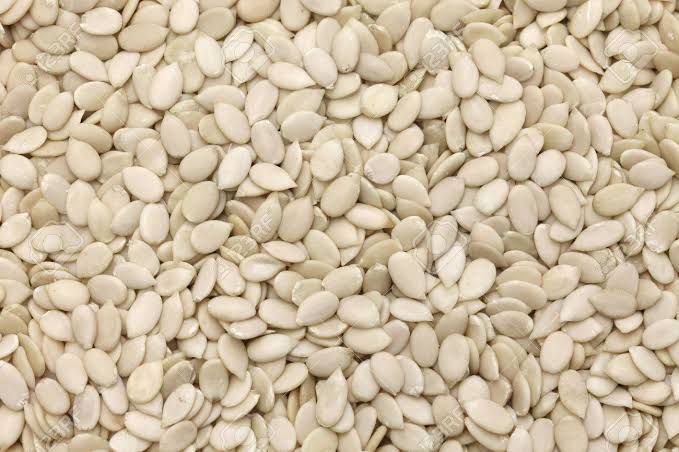
Nutritional & Economic Value
-
Protein-rich food: Essential for body building and energy.
-
Healthy fats: Contains unsaturated fatty acids that promote heart health.
-
Vitamins & minerals: Provides magnesium, zinc, potassium, calcium, and vitamin B-complex.
-
Medicinal benefits: Traditionally used in managing blood pressure, cholesterol, and overall wellness.
-
Economic importance: A major cash crop that generates income for farmers and exporters.
Forms of Export
Egusi can be exported in different forms to suit international market demands:
-
Whole Egusi (In-Shell/Dehulled) – sun-dried seeds in their natural form.
-
Shelled/Polished Egusi – seeds processed by removing the shell for easy grinding.
-
Ground Egusi (Powdered Form) – finely milled for direct use in cooking.
-
Egusi Oil – extracted from seeds, used for cooking and cosmetics.
Packaging for Export
Proper packaging is essential for quality preservation and international market acceptance:
-
Polypropylene (PP) woven sacks (25kg – 50kg) for bulk export.
-
Vacuum-sealed pouches (1kg – 5kg) for retail export.
-
Moisture-proof packaging to prevent mold and preserve freshness.
-
Labeling should include: Product name, Net weight, Country of origin, Batch number, Expiry date, and HS Code.
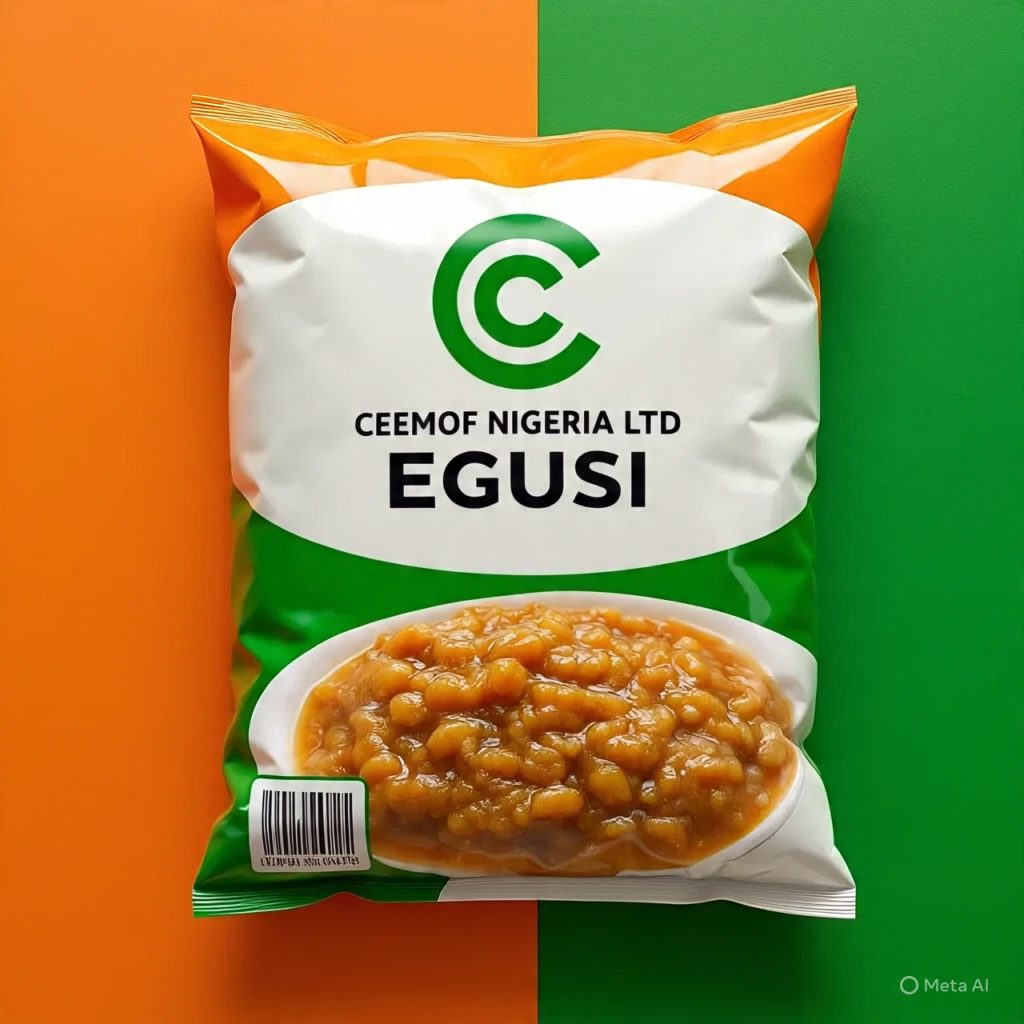
Export Market & Demand
Egusi has a growing export market, particularly in:
-
United Kingdom & Europe: High demand in African and Caribbean stores.
-
United States & Canada: Popular among African diaspora communities.
-
Middle East & Asia: Emerging market for African ethnic food products.
Global demand is driven by:
-
The diaspora community craving traditional foods.
-
Health-conscious consumers looking for plant-based protein alternatives.
-
Use in cosmetics and pharmaceuticals for its oil and antioxidant properties.
HS Code for Egusi (Melon Seed)
-
HS Code: 1207.99 – Other oil seeds and oleaginous fruits, whether or not broken.
Export Considerations
-
Quality control: Seeds must be properly dried to avoid aflatoxin contamination.
-
International standards: Adhere to food safety standards (HACCP, ISO, FDA, EU regulations).
-
Storage: Keep in cool, dry conditions to prevent mold, pests, or rancidity.
-
Pricing: Influenced by seasonality, demand, and processing form (whole, shelled, or ground).
In Summary:
Egusi is not just a staple in West African cuisine but also a high-value export commodity with strong international demand. Exporters can maximize profitability by focusing on quality processing, standard packaging, and compliance with international food regulations.

